Rankine, Robinson, and Chast Win NBCC Awards
The winners of the 2014 National Book Critics Circle Awards were announced last night at the New School in New York City. Claudia Rankine, whose poetry collection Citizen: An American Lyric (Graywolf Press) was the first book in the NBCC’s history to be nominated in two categories—poetry and criticism—took home the award in poetry. Marilynne Robinson won in fiction for her novel Lila (Farrar, Straus & Giroux), and Roz Chast won the autobiography prize for her graphic memoir Can’t We Talk About Something More Pleasant? (Bloomsbury).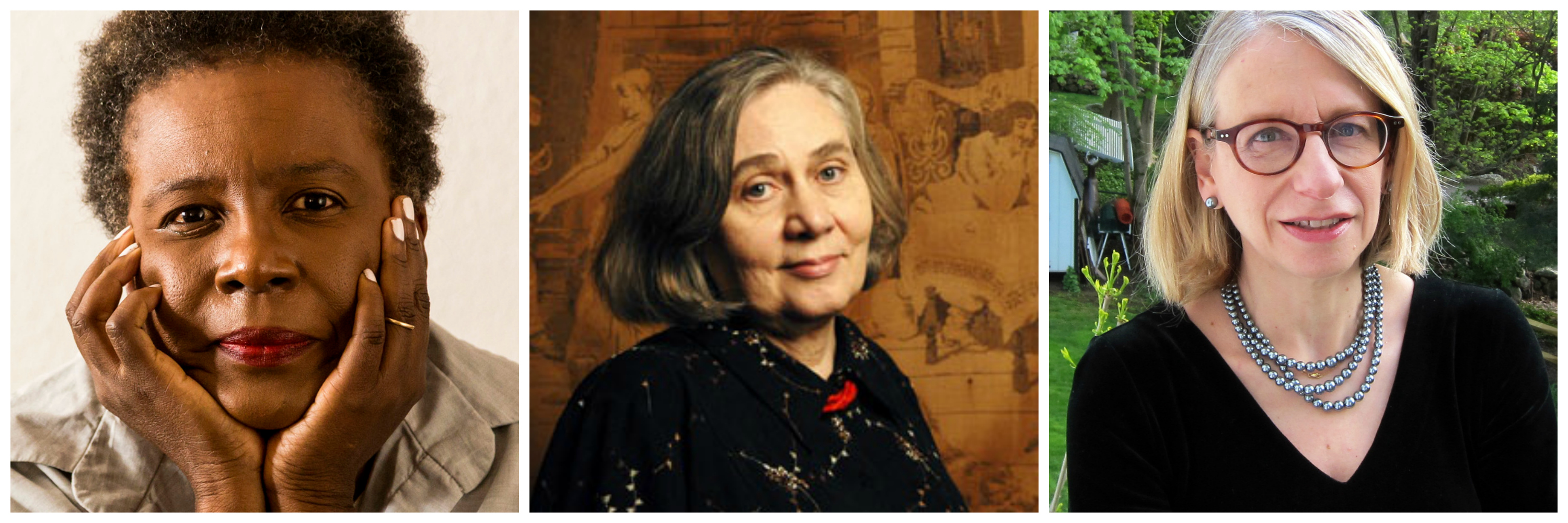 John Lahr won in biography for Tennessee Williams: Mad Pilgrimage of the Flesh (Norton); David Brion Davis won in general nonfiction for The Problem of Slavery In the Age of Emancipation (Knopf); and the criticism prize was awarded posthumously to Ellen Willis for The Essential Ellen Willis (University of Minnesota Press), edited by Willis’s daughter, Nona Willis Aronowitz. Phil Klay won the John Leonard Prize for his National Book Award–winning short story collection, Redeployment (Penguin Press); the John Leonard Prize recognizes an outstanding first book in any genre. Alexandra Schwartz, an assistant editor at the New Yorker, won the Nona Balakian Citation for Excellence in Reviewing. Nobel laureate Toni Morrison received the Ivan Sandrof Lifetime Achievement Award.
John Lahr won in biography for Tennessee Williams: Mad Pilgrimage of the Flesh (Norton); David Brion Davis won in general nonfiction for The Problem of Slavery In the Age of Emancipation (Knopf); and the criticism prize was awarded posthumously to Ellen Willis for The Essential Ellen Willis (University of Minnesota Press), edited by Willis’s daughter, Nona Willis Aronowitz. Phil Klay won the John Leonard Prize for his National Book Award–winning short story collection, Redeployment (Penguin Press); the John Leonard Prize recognizes an outstanding first book in any genre. Alexandra Schwartz, an assistant editor at the New Yorker, won the Nona Balakian Citation for Excellence in Reviewing. Nobel laureate Toni Morrison received the Ivan Sandrof Lifetime Achievement Award.
The poetry finalists were Saeed Jones’s Prelude to Bruise (Coffee House Press), Willie Perdomo’s The Essential Hits of Shorty Bon Bon (Penguin Books), Christian Wiman’s Once in the West (Farrar, Straus and Giroux), and the late Jake Adam York’s Abide (Southern Illinois University Press).
The finalists in fiction were Rabih Alameddine’s An Unnecessary Woman (Grove Press), Marlon James’s A Brief History of Seven Killings (Riverhead), Lily King’s Euphoria (Atlantic Monthly Press), and Chang-rae Lee’s On Such a Full Sea (Riverhead).
The autobiography finalists were Blake Bailey’s The Splendid Things We Planned: A Family Portrait (Norton), Lacy M. Johnson’s The Other Side (Tin House), Gary Shteyngart’s Little Failure (Random House), and Meline Toumani’s There Was and There Was Not (Metropolitan Books).
Established in 1974, the National Book Critics Circle Awards, which are considered amongst the most prestigious awards given in the literary world, are given annually for books published in the previous year. A board of twenty-four working newspaper and magazine critics and editors nominates and selects the winners each year. The 2013 winners included Frank Bidart for poetry and Chimamanda Ngozi Adichie for fiction.
Photos from left to right: Claudia Rankine (Ricardo DeAratanha/Los Angeles Times), Marilynne Robinson (Ulf Andersen/Getty), and Roz Chast (Bill Franzen/Washington Post)





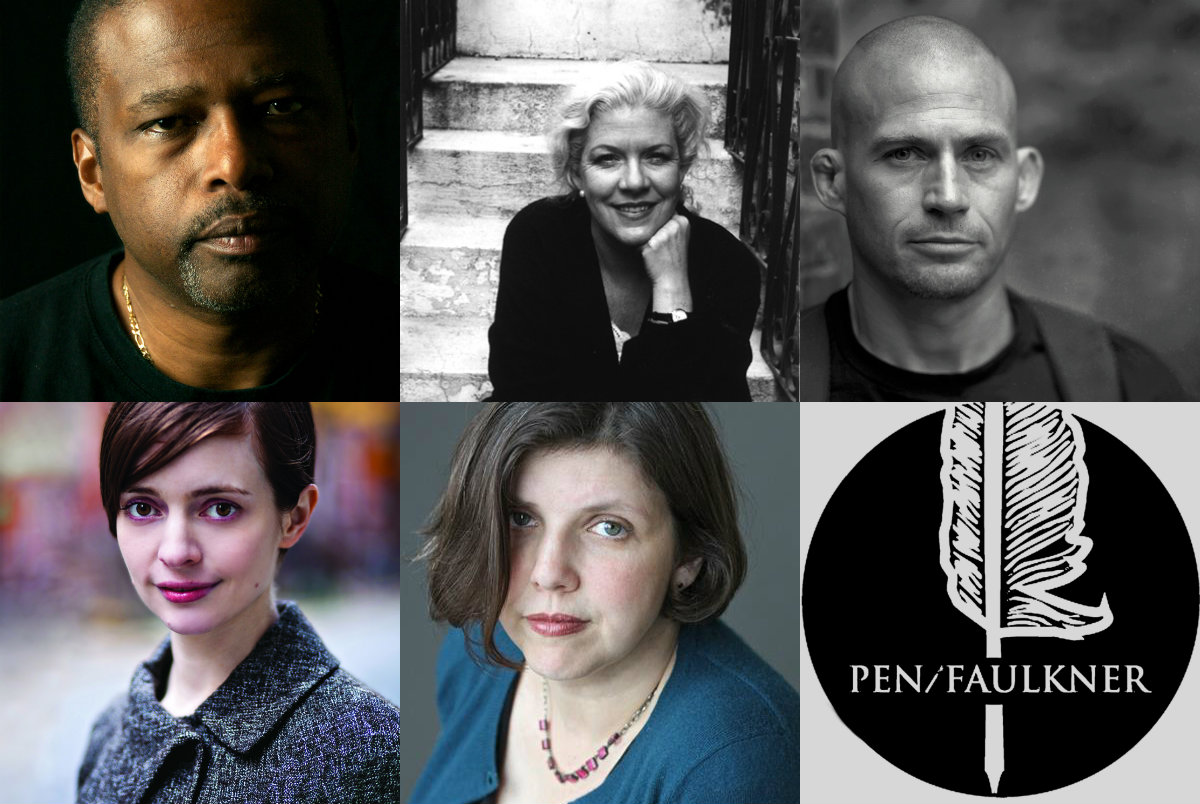
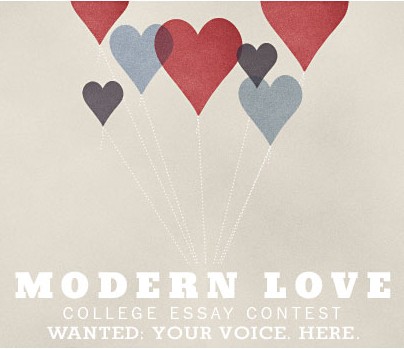 To
To 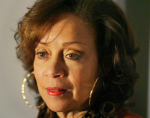
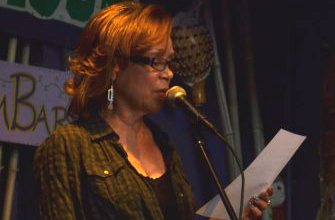

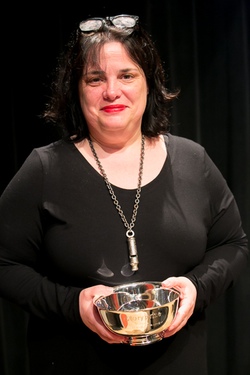 The finalists, who each receive $5,000, were Francesca Marciano for her collection
The finalists, who each receive $5,000, were Francesca Marciano for her collection